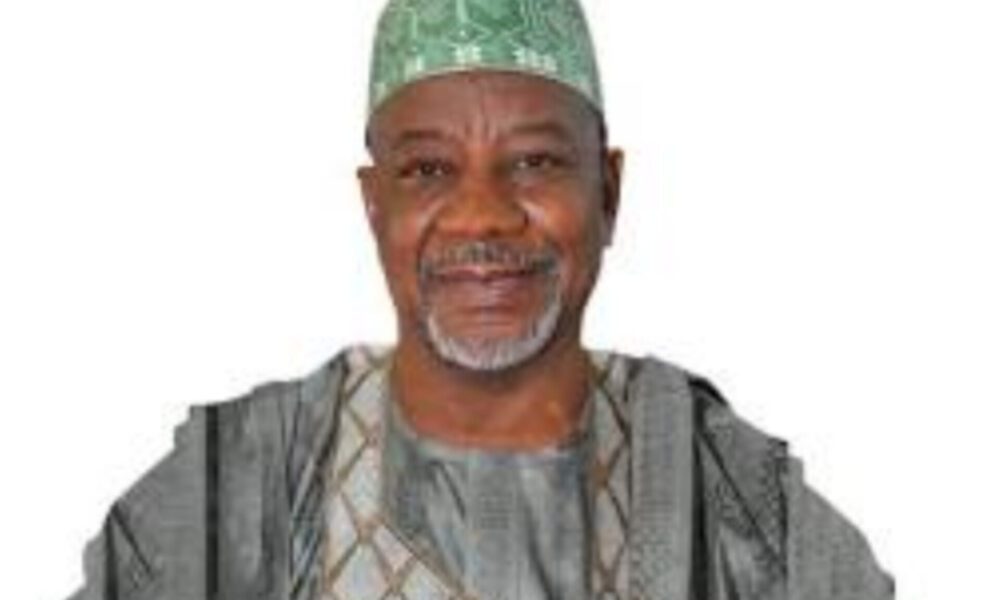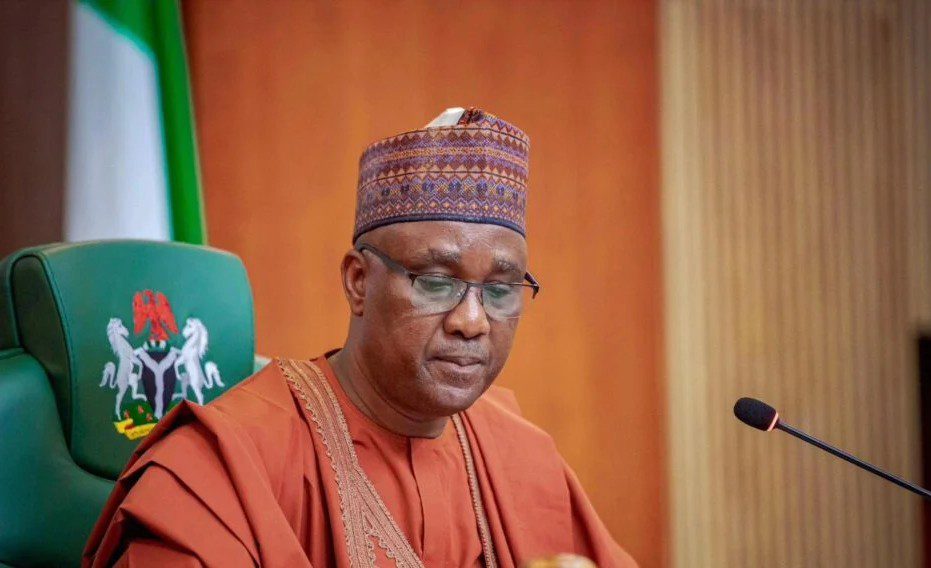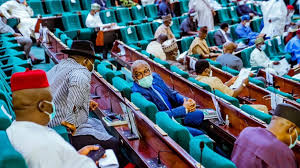The Senate has asked the Federal Government to halt the scrapping of the National Film and Video Census Board (NFVCB), insisting that the process is a violation of the rule of law.
The resolution came following a debate on the motion “Urgent Need to halt violation of the NFVCB, sponsored by the Senator representing Nasarawa South Mohammed Ogoshi Onawo on Tuesday.
Lawmakers had expressed concern over the directive from Secretary to the Government of the Federation (SGF), George Akume, instructing Hannatu Musawa, Minister of Arts, Culture, and the Creative Economy, to commence on the immediate dissolution of the NFVCB.
The directive aimed to integrate the NFVCB as a department within the ministry, bypassing the legal process required to repeal the law establishing the agency.
President Bola Tinubu, in February had directed the implementation of the Oronsaye report which revealed that there were 541 – statutory and non-statutory – federal government parastatals, commissions and agencies.
The 800-page report recommended that 263 of the statutory agencies be slashed to 161; 38 agencies be scrapped; 52 be merged and 14 be reverted to departments in various ministries;
The sponsor of the motion Onawo in his lead debate, expressed concern that the SGF directive violated the National Film and Video Censors Board Act Cap No.40 Laws of the Federation of Nigeria 2004 (as amended.
He expressed disapproval of the instruction for the ministry to complete the administrative and financial process to wind down the NFVCB within three weeks with effect from 21st June 2024 and report back to the SGFs office within the first month after it becomes a department of the ministry.
According to him, the process of winding down an Agency of government which came into force through an Act of Parliament should first commence with the repeal of the Act establishing the said Agency.
“The Oronsaye report is a committee report that should not override an Act of Parliament”, he said.
“This issue of abuse of the law, if goes unchecked would become a bad precedence going forward, there is a need to check this illegality by insisting that the right procedure for winding down a statutory agency be followed”, he stressed.
Contributing to the debate, Solomon Olamilakan, supported the motion, insisting that the rule of law must be strictly adhered to, and the President must formally notify lawmakers to repeal relevant laws, “so that so that on our own part we can repeal all those laws. The law cannot be in existence if the agencies are scrapped. The needful must be done in repealing those laws.”
Sani Musa, the Senator representing Niger East also agreed that laws establishing affected agencies must be repealed. But, Adams Oshiomhole, the Senator representing Edo North argued that the National Assembly must not hinder the implementation of the report that is aimed at cutting the overloaded cost of governance.
“The president can forward a repeal bill later”, he opined.
In his submission, Godswill Akpabio, the Senate President said the winding down of the NFVCB would have been an infringement on the act of Parliament, but also said the National Assembly is not even aware of the implementation of the report
He stated that, “If the president wishes to implement Orange, due process must be followed. This means all the acts of Parliament in existence must be brought before the parliament for further consideration.”
Akpabio emphasized that the President can only proceed with implementation when the parliament agrees. “You can only begin to implement when the parliament is in agreement with you”, he said.
“If you bring for instance the NFVCB and the parliament says no, the agency stays alive. The agency will only cease to be in existence when there is a bill before us for a repeal”, Akpabio stressed.
The Upper Chamber then resolved to call on the SGD and the Minister of Arts and Creative Economy to suspend the wind-down of the National Film and Video Censors.
The Senate also called on the Office of the SGF and other relevant agencies of government to immediately commence the process of repealing the Act establishing the National Film and Video Censors Board, if need be.




